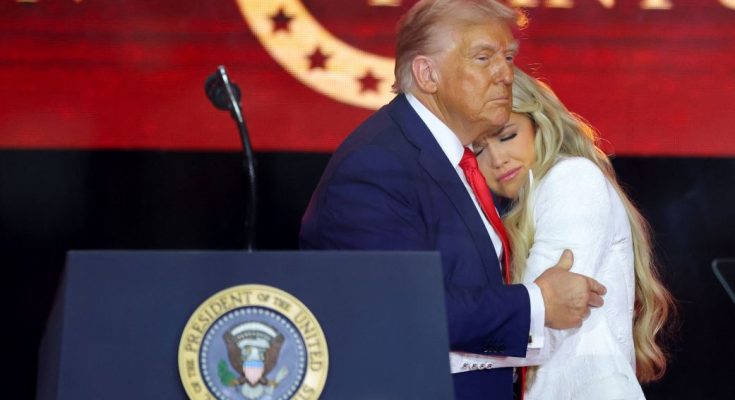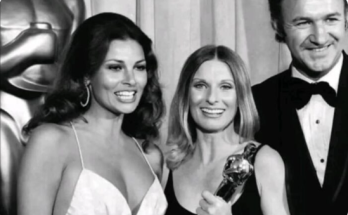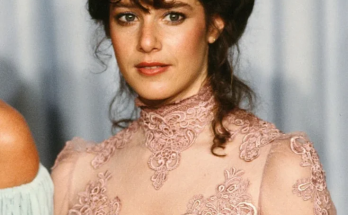Jeanine Pirro’s eyes welled up with tears as she listened, her voice trembling with emotion. The room was heavy with grief and hope, a delicate balance of pain and forgiveness that few could fully grasp. Erika Kirk, a woman who had suffered an unimaginable loss, spoke with quiet strength. She said, “I forgive him. And that’s what Charlie would do.”
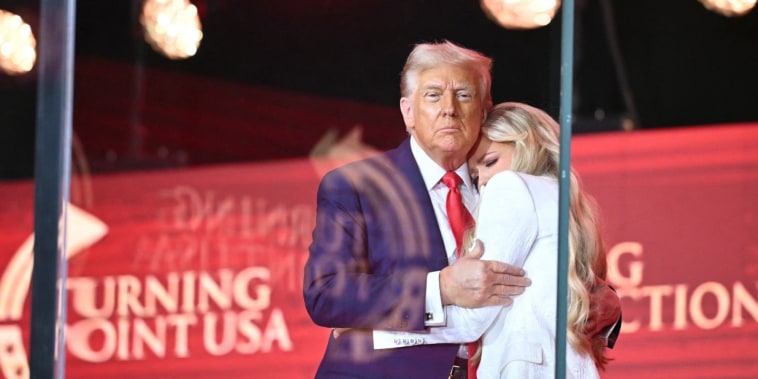
Those words landed like a gentle thunderclap, shaking everyone present. Forgiving the man suspected of killing her husband? It was almost unthinkable, yet here Erika was, offering mercy instead of bitterness. Jeanine’s heart broke for her, yet swelled with admiration. This was courage not born out of anger, but out of love.
In that moment, something shifted. People didn’t just hear Erika’s words—they felt them deep inside. Millions across the world, connected by grief and compassion, began to chant Charlie’s name. It was as if the air itself was vibrating with remembrance, healing, and strength. The chants grew louder until they merged into a chorus, a song dedicated to Charlie.
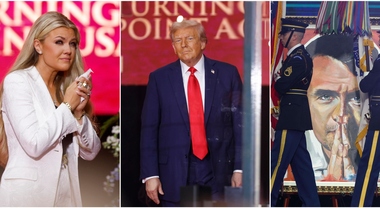
The song wasn’t just music; it was a lifeline, a way to hold onto Charlie’s spirit. It brought people together, bridging the gap between sorrow and hope, between loss and forgiveness. Jeanine Pirro, usually so composed and tough, couldn’t hold back her tears. She wiped them away, moved by the outpouring of love and solidarity.
You could see the weight on Erika’s shoulders, yet her face held a light—the kind of light that comes from choosing peace where others might only see rage. She was a beacon, showing that forgiveness was possible even in the darkest, most painful moments.
The crowd, both in person and watching from afar, felt a surge of connection. Charlie’s name wasn’t just being said—it was being carried in every heart, every voice. The moment lasted, seeming to stretch time itself, an unforgettable testament to humanity’s ability to heal.

Jeanine reflected silently on how rare and precious that moment was. It wasn’t just about one woman forgiving another—it was a reminder that even in tragedy, there can be grace. Even in despair, there can be light.
That day, as the chants and songs filled the air, something beautiful was born. A shared hope that love could overcome hate, that forgiveness could break the cycle of pain. Jeanine’s tears were a sign, not of weakness, but of the deep, stirring power of compassion.
And as the song echoed on, it carried with it a promise—that Charlie’s memory would live not in anger or revenge, but in the strength of forgiveness and the unity of millions who believed in healing.
